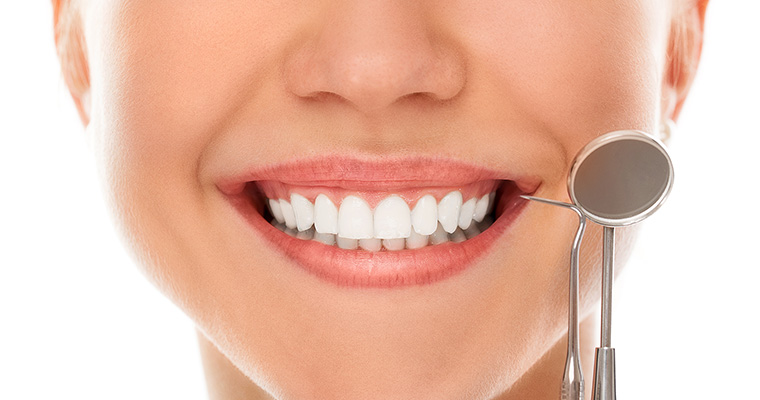Research continues to show that people with periodontal disease (gum disease) are at greater risk of developing heart disease and other health problems.
Periodontal disease is a serious bacterial disease that destroys the attachment fibres and supporting bone that hold teeth in place. As bacteria build up around teeth, classic signs of infection occur (redness, swelling and bleeding). Once infection occurs, the gums begin to separate from the teeth forming pockets. As the disease process continues, the pockets deepen and more supporting attachment fibres are lost until eventually the teeth may fall out.

Approximately 20% of adults between 20 and 50 years of age, and 40% of adults over 50 years have periodontal disease.
In a recent study, researchers found significantly higher levels of bacterial toxins in the bloodstream of patients with severe periodontal disease. In another study, there was direct correlation between patients suffering heart attacks and those with periodontal gum disease. The researchers found that people with periodontal (gum) disease were almost twice as likely to suffer from coronary artery disease as those without periodontal disease.
Additional studies have pointed to a relationship between periodontal disease and stroke. In a study looking at possible links, people diagnosed with acute cerebrovascular ischemia (stroke) were more likely to have an oral infection than those in a control group.
Cognitive impairment is also an area of much research. Studies have shown diminished spatial memory and learning ability in mice that have had their molar teeth removed. The results suggest that the loss of teeth induce neuron loss in parts of the brain, thereby leading to senile memory deficits. These changes increased the longer the molar less condition persisted; suggesting tooth loss may be one risk factor for senile impairment of spatial memory. Other authors have suggested tooth loss is associated with mild memory impairment, possibly leading to Alzheimer’s disease and dementia.
Poor oral hygiene has been shown to increase the risk of contracting lung diseases such as pneumonia by up to 86% in some cases. There are a number of mechanisms involved, however it is believed; one method may be the bacteria being inhaled or aspirated directly from the mouth into the lungs. The mouth contains large numbers of many types of bacteria capable of causing different diseases. Patients with large numbers of periodontal bacteria will, depending on the virulence of the bacteria and their individual immunological response, be more susceptible to periodontal (gum) disease.
Tooth loss has been suggested as a risk factor for postural instability and balance. A study comparing patients with dentures verses natural dentition showed better body balance and gait posture in the group with their own teeth. They showed the number of falls occurring in patients with no teeth or poorly fitting dentures increased statistically. Studies have shown that chewing or mastication increases blood flow to the brain. Their results also indicate that chewing caused increased activity in the brain, stressing the importance of maintaining healthy teeth.
Should you have any concerns regarding bleeding gums, or if you have a past history of heart conditions, it would be advisable to discuss this with your dentist.

Dr Ian Sweeney is a dental surgeon at
Northside Dental & Implant Centre, Turramurra.











